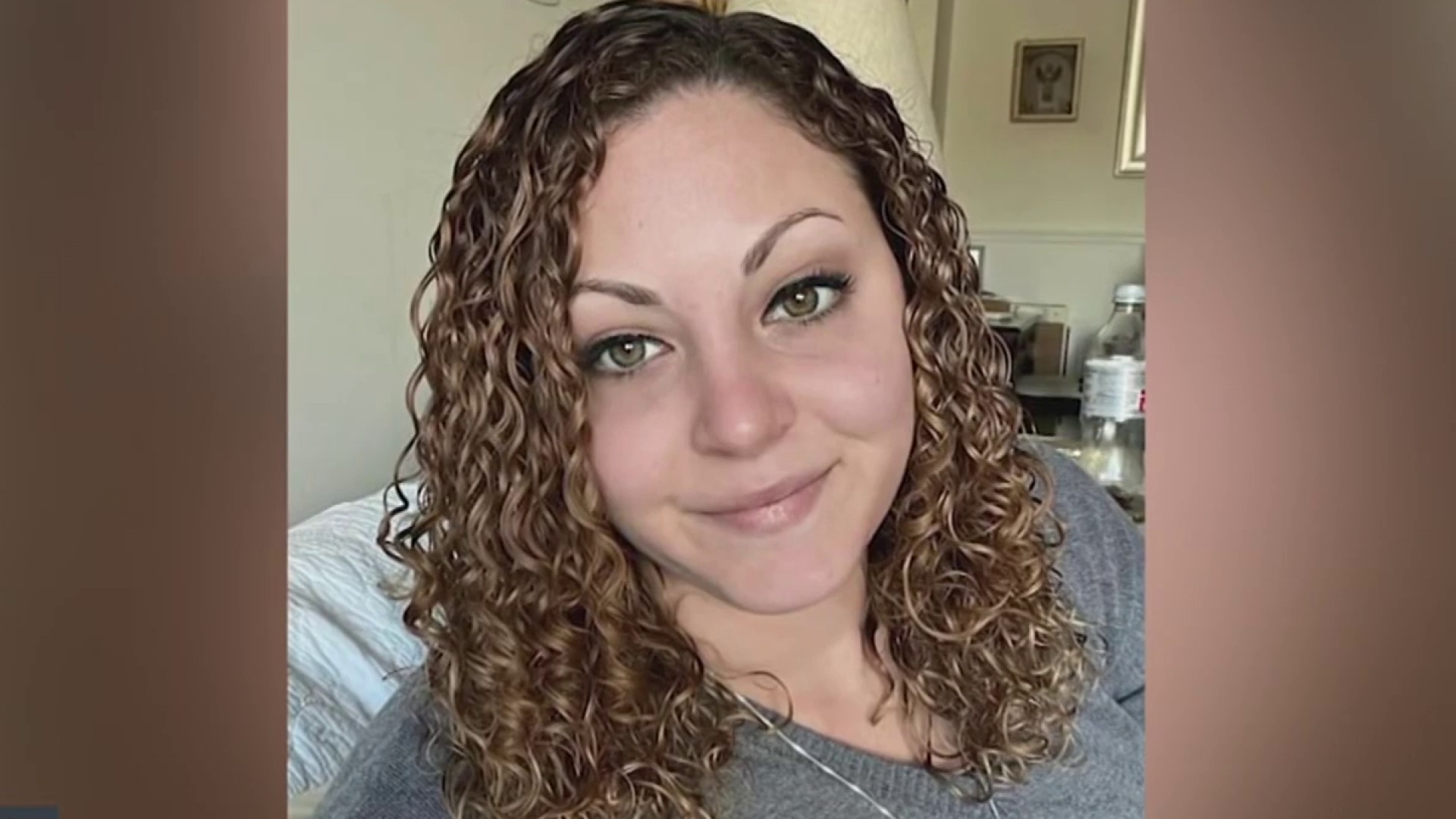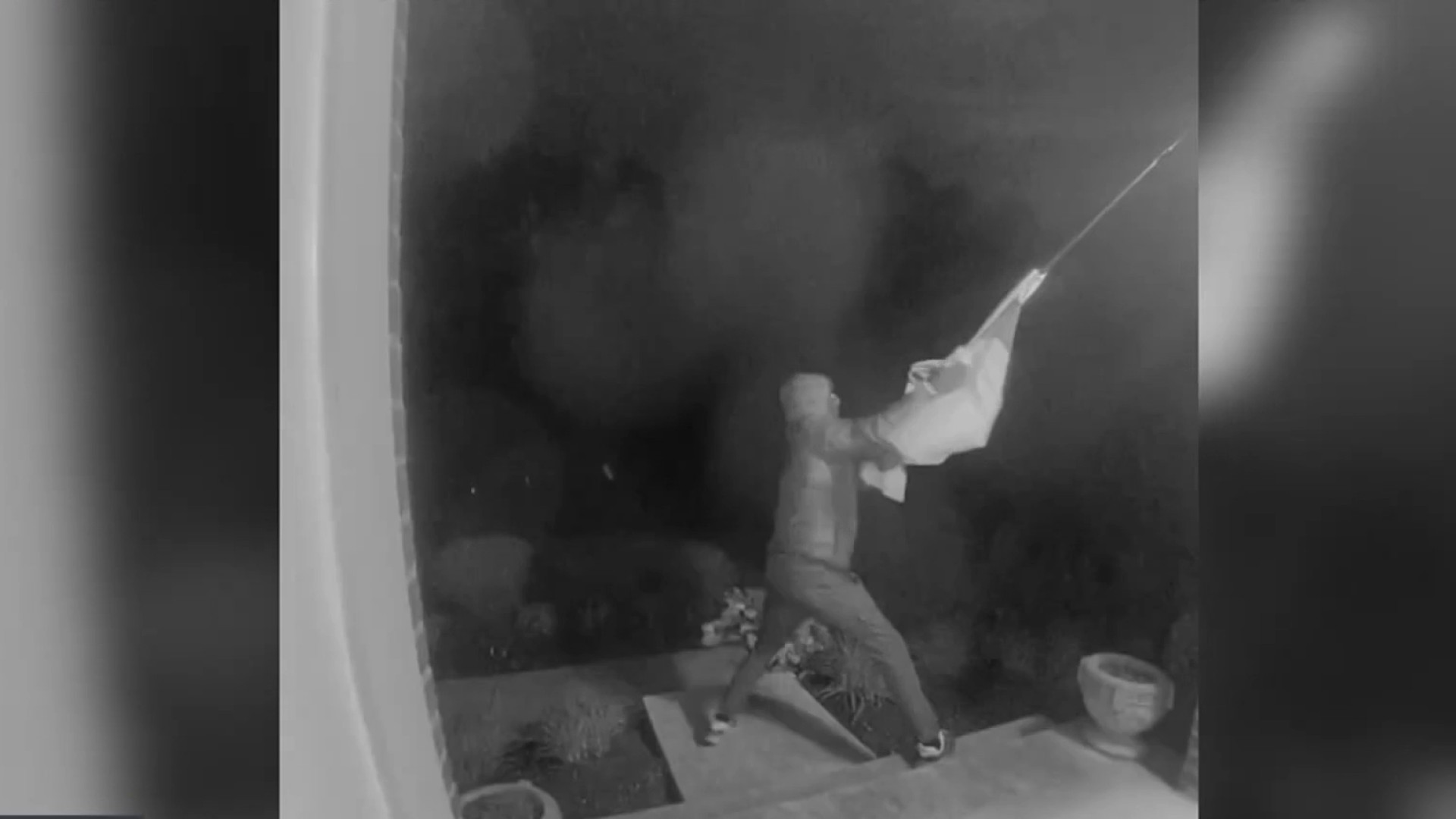Noah Webster eliminated many inconsistencies in English spellings in his first dictionary and in blue-backed spelling books published for American classrooms. Fortunately for the survival of spelling bees, his reforms went only so far.
Otherwise English might have been scrubbed of the quirky letter combinations that have bedeviled generations of school children but that also gave rise to this quintessentially American pastime. Spelling bees depend on English's often devilishly different spelling for their appeal.
Webster bestowed his new rules in “A Compendious Dictionary of the English Language,” first published in 1806, and the “The American Speller,” the blue-backed spelling books written for American classrooms.
He dropped the “u” in color and and honor and left off the final “k” in words such as public and music. He substituted the British “c” with an “s” in such words as defense, among other reforms.
“He was the last person who had that kind of authority, who could say, 'okay, ‘We’re going to change the spelling of these words,’” said Ben Zimmer, a language columnist for The Wall Street Journal. “That was the last time that was really possible to do.”
The United States has a long tradition of spelling bees dating to the 19th century, when both children and adults competed. They were in vogue in the United Kingdom in the mid-19th century but for the most part, are a particularly American phenomenon, said Geoffrey Nunberg, a linguist at the School of Information at the University of California Berkeley.
Local
Washington, D.C., Maryland and Virginia local news, events and information
“You have to have a goofy spelling system,” he said. “Most languages spell more or less as they pronounce the words.”
But English’s Anglo-Saxon roots, the influence of Greek, Latin, French and other languages have all contributed to a mishmash of spelling rules and a mismatch between spelling and pronunciation.
“We take a truculent pride in the difficulty of our spelling system,” Nunberg said. “That’s why we don’t reform our spelling for one thing.”
Another reason for the popularity of American spelling bees: the importance of primary education and literacy in the United States in the 19th century, he said.
Merriam-Webster, which has been involved with the bee since 1957, notes that even at the turn of the 20th century spelling bees were considered old-fashioned. The modern-day competition began in 1925, when nine newspapers collaborated to start a national spelling bee that was taken over by Scripps in 1941. It was canceled during World War II from 1943 until 1945, then broadcast live on NBC in 1946, and since 2011, has been seen on ESPN.
The championship round of the 90th Scripps National Spelling Bee begins at 8:30 p.m. on Thursday.
Here are some spelling conventions that might trip up even the best of contestants, Zimmer said.
- Words from foreign languages that follow non-English spelling rules, such as the German pickelhaube or a spiked helmet worn by German soldiers.
- A foreign word whose pronunciation has been Anglicized. The competition’s pronouncer must follow the pronunciation given by The Merriam Webster Unabridged Dictionary.
- The “schwa” sound, the unstressed vowel sound that can be spelled with an a, e, i, o or u.
“You see very often even the top spellers going out on words simply because they’re taking a guess, 'Is that an i, is it an o?" Zimmer said. "Something you can’t necessarily know unless you’ve seen the word.”
While America’s passion for spelling bees is probably unrivaled, other countries have developed their own competitions. China, inspired by the Scripps National Spelling Bee and worried about the population’s embrace of Latin characters, introduced a television program called the “Chinese Characters Dictation Competition,” USA Today reported in 2013. Contestants write the characters after hearing a word. Two French championships, the Discos d’or in France and the Dictee des Amériques in Quebec, have been discontinued.
Even the American spelling bee has changed form over the decades and today has little to do with literacy and much to do with obscure words such as “cymotrichous” an adjective meaning having wavy hair.
“It’s an extreme sport,” Nunberg said. “You get these kids who have to spend thousands of hours memorizing word lists.”
As far as the origin of that word bee, it is a bit of a language puzzle, according to the Scripps National Spelling Bee website. It first appeared in print in 1875, though was probably used in speech before that, and refers to a gathering in which friends and neighbors join together in an activity. It might seem to have been inspired by the industrious insect, but scholars suggest a different derivation, according to the website. The word bene, in English sometimes rendered as been or bean, referred to help from neighbors to accomplish a task. Bee could be a shortened form of been.
Zimmer and Nunberg both expect the spelling bee’s popularity to continue, spell check and auto correct aside, in part because of the inconsistencies that make English so difficult. Not that people don’t keep trying to reform the language. The English Spelling Society was founded in 1908 to promote literacy and possibly to reform spelling. Its members have even demonstrated outside the spelling bee in past years but with little success.
“It’s possible that people are paying less attention to making sure a word is properly spelled if they know that their device will take care of that for them," Zimmer said. "But at the same time we still have this language with crazy spelling that poses so many challenges.”



